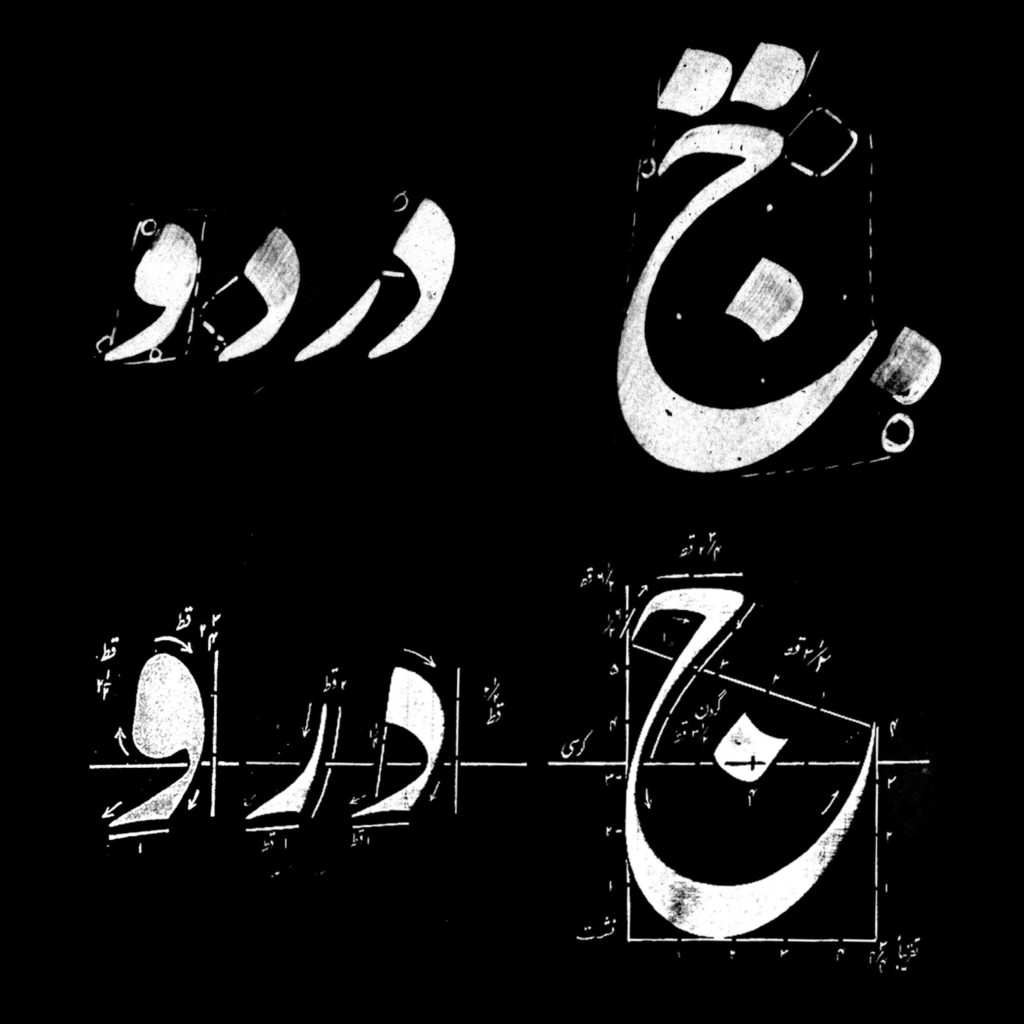The TDi is the preeminent intensive course in typeface design, aimed at experienced designers, those who manage typeface projects, and all levels of researchers and educators. In 2024 we are running two one-week courses, each focusing on separate but complementary aspects.
Week 1 (8–12 July) has a Masterclass in Practice theme: this course is for designers with confidence in some aspects of typeface design, who want to elevate their skills and develop other areas of practice. Placing multiscript projects at the centre of our sessions, we will cover preparation and specification for large projects, establishing models and criteria for evaluation, scaffolding workflows and structured feedback, and balancing revivals, innovation, and fitness for purpose.
We highlight the contribution of research to the design for scripts that are under-represented typographically, or where new use scenarios require innovative solutions. Our sessions on global scripts start with an understanding of the forms and composition of each script, to issues of quality throughout extended families, and the balance of originality and utility in each script and style combination.
This week is ideal for those with some competence in typeface design, who can use the intensive sessions to refine their existing work, or – more likely – develop their skills in other scripts.
Week 2 (22–26 July) is a Working seminar on research: this course is structured around methodologies for working with, and interpreting primary sources – including ephemera, unconventional material, and digital evidence. The sessions build practical and thinking skills: literally, how to hold, look at, and observe material. They support new narratives that integrate materiality, and reframe existing concepts.
The research sessions start with description and analysis, develop the balance between contextualisation and focus, and locate typographic research within related disciplines. The sessions are particularly relevant for those working with under-represented scripts, languages, or communities, and those working to address biases in existing literature.
This week is aimed at academics, researchers, and those preparing for PhD study, who are developing a research project, publication, or proposal. For those with broader interests, the week will build skills for qualitative work with archives, and constructing narratives from material evidence.
Course structure: both weeks are planned around staff-led sessions with archival material and case studies in the morning, and practical feedback / research actions in the afternoon.
Morning sessions make extensive use of our Collections and Archives, which range from manuscripts to rare printed books and ephemera, to objects across typemaking technologies, to fully operational presses (including lithography and a hot-metal caster). These sessions allow participants unprecedented access to original material that is, certainly with this intensity and expertise, not on offer by any other institution globally.
We work in dedicated spaces, with direct access to a world-class range of materials and resources. Core staff are always present, so we can give ample time to small group and individual consultations and discussions. Both weeks will enable discussions and learning about paradigms in typeface design, and reframing “ways of thinking” about the discipline and participants’ own work in the field. The staff on the course represent a broad range of perspectives and experiences in typeface design, and are all experts in their respective fields.
More information: contact Gerry Leonidas
Register via the University’s e-store.
Key persons
Gerry Leonidas, Professor of Typography
Dr Borna Izadpanah, Lecturer in Typography & Graphic Communication,
Geoff Wyeth, Lecturer
Dr Emma Minns, Archivist
Fred Smeijers, Professor in Type Design (week 1)
Dr Fiona Ross, Professor in Type Design (week 2)
Additional contributions by Abeera Kamran, Cheng Xunchang, and others.
.

